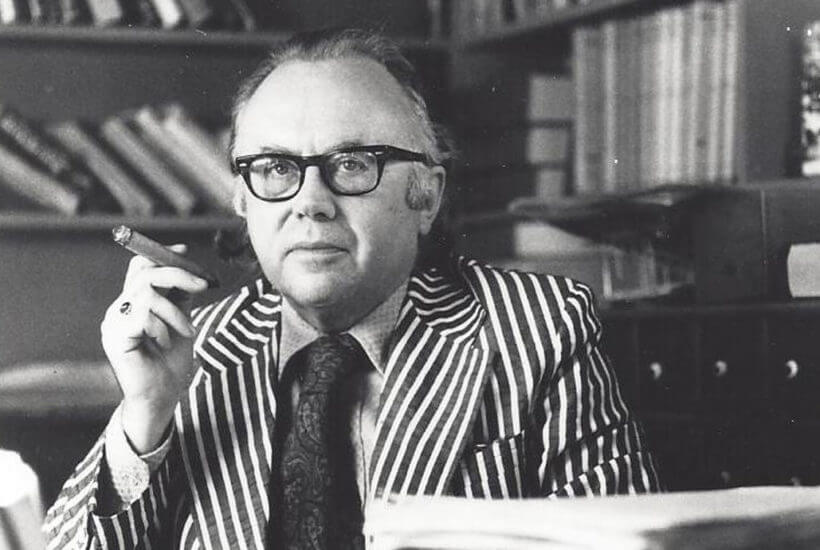Sean C. Hadley is married to Sarah, and father to four children. Hegraduated from New Orleans Baptist Theological Seminary (MDiv, 2017) and Faulkner University (PhD, 2023). He has taught in the classical classroom for fifteen years and is currently the Postdoctoral Research Fellow with the Classical Education Research Lab at the University of Arkansas. Sean has published works in outlets includingTouchstone, The Imaginative Conservative, and The Hemingway Review. He and his family are members of Providence Church (CREC).

